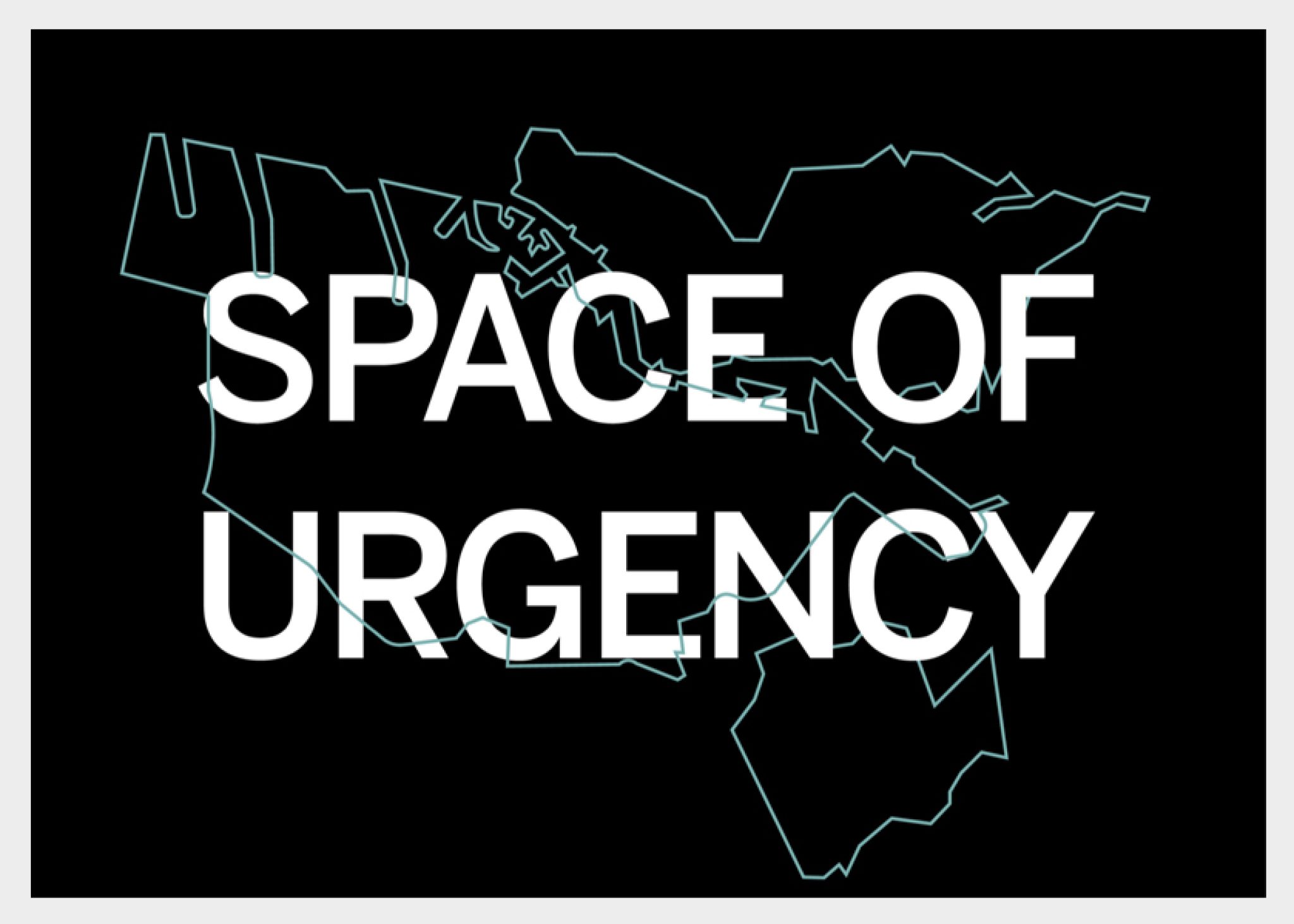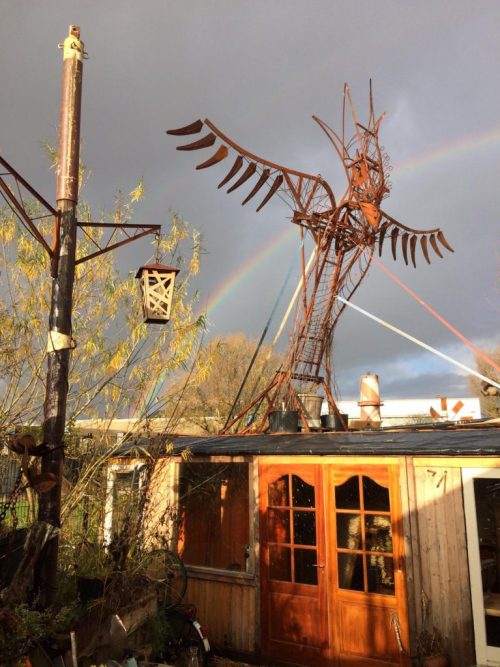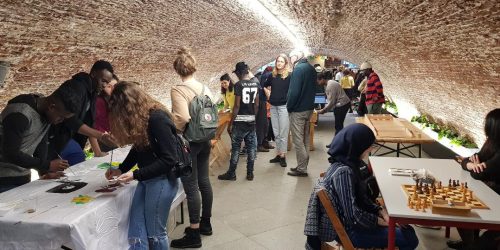
Free Space Policy 2019
The city administration of Amsterdam asked Space of Urgency to perform independent research on the needs and bottlenecks of the local non-commercial initiatives. This resulted in advice on how a new ‘Free Space Policy’ should be developed.
To define the socio-cultural urgencies of Amsterdam, needs research, perspectives of the target group, municipal and legal frameworks, local case studies, international examples, a pilot event and evaluations – summarized in an advice to the city of Amsterdam for 2020-2021.
The disappearance of Free Space in Amsterdam has been an ongoing issue since the city started to get more popular and cleaned up in the 1990’s. A big contribution was the ban on squatting in 2010. The everrising rental prices and ban on squatting means it’s getting close to impossible to create new independent spaces for cultural experiment. With the exception of a few legalized spaces, most remaining free spaces have been swallowed up by urban development.
Among such spaces was the large, world renown terrain of the ADM, which the municipality allowed to be evicted early 2018. This event and the protests around it, in combination with the release of a “Free Space Agreement” by a group of independent spaces, increased the pressure on the city politics to start acting.

The first step of the municipality was to write the ambition to protect and realize free spaces in their coalition agreement for 2018-2022. Following on this, the responsible departments need to come up with a plan how this ambition can be actually realized.
In doing so, a city administration tends to think too much from their own ‘systemic’ perspective, without being aware of the ‘real world’ perspective of the people whom the policy is actually meant for. Hereby forgetting that when these people do not agree or take part in the policy, the policy will fail.
Bringing together the needs of the ‘free space users’ within the inflexible bureaucratic structures of the municipality proved a challenge. Moreover, there remains a contradiction in the fact that the municipality will start protecting and releasing free space, since free spaces traditionally aim to be independent from state and market, with as little external regulation as possible.
Due to the lack of trust and understanding between the city administration and Amsterdam’s free space users, the administration was out of touch with the needs and bottlenecks of the people the new policy was meant to serve.
Space of Urgency was asked to set up a research project that would collect the needs regarding free space from the diverse group of free space users, as well as the bottlenecks they have been experiencing in dealing with the city administration in the past. As an independent organization, Space of Urgency was there to give a critical perspective to the municipality and prepared a strategy to help them achieve their policy objectives.

Space of Urgency used a quick scan method. The aim of such a method is a global evaluation, in which the most important opportunities, bottlenecks and possibilities for improvement are identified.
The scan consisted of telephone interviews with existing and new free space users, two round table meetings, the Free Space Survey, a pilot event, an analysis of openings in the bureaucratic structure and a description of local and international case studies. The results of the quick scan were submitted to the relevant administrative departments of the City of Amsterdam.
In the period after Space of Urgency handed in the outcomes of the quick scan, the city administration worked further on a first version of the Free Space Policy. This resulted in a document called the ‘Expedition Free Space 2020-2021’.
The Expedition defined how the city administration was going to realize new free spaces in the city, during a pilot phase from 2020 to 2021. A significant part of this plan was based on the recommendations made by Space of Urgency.
Read the full report here (Dutch only)
